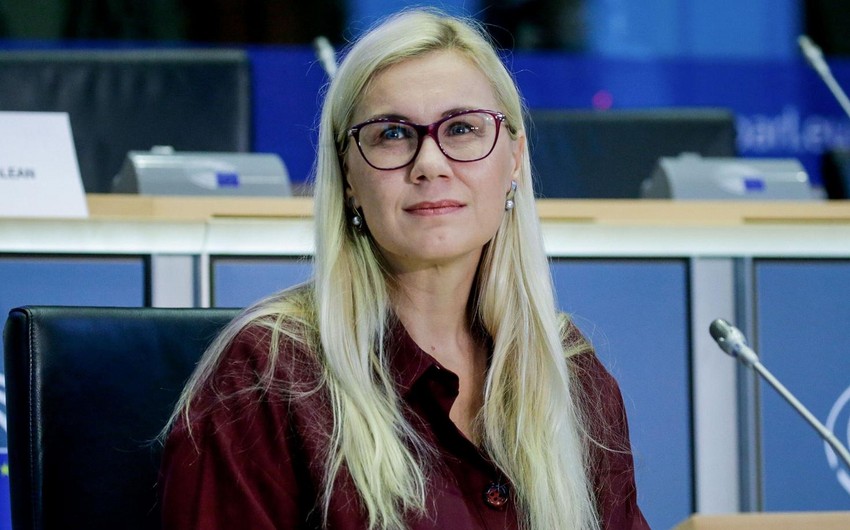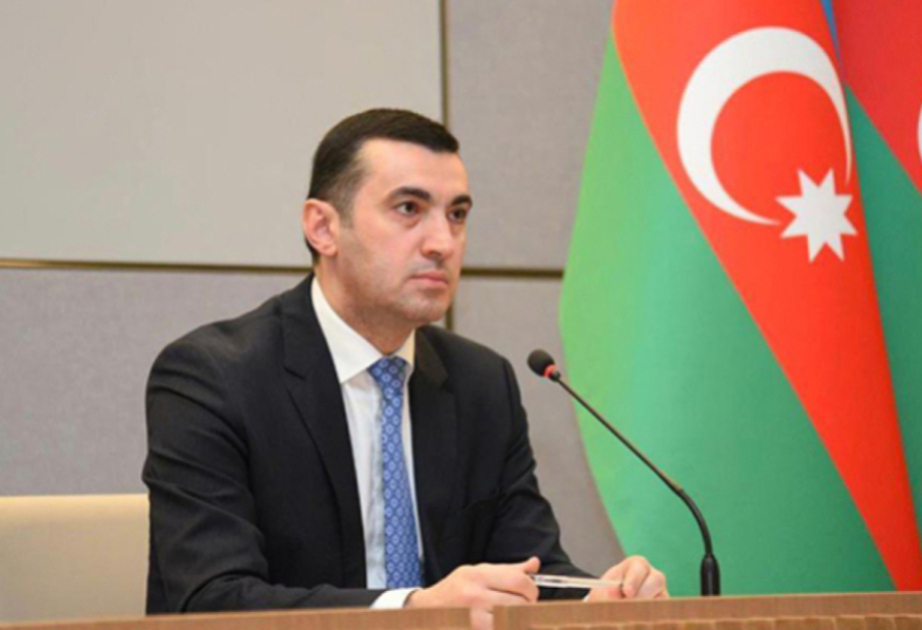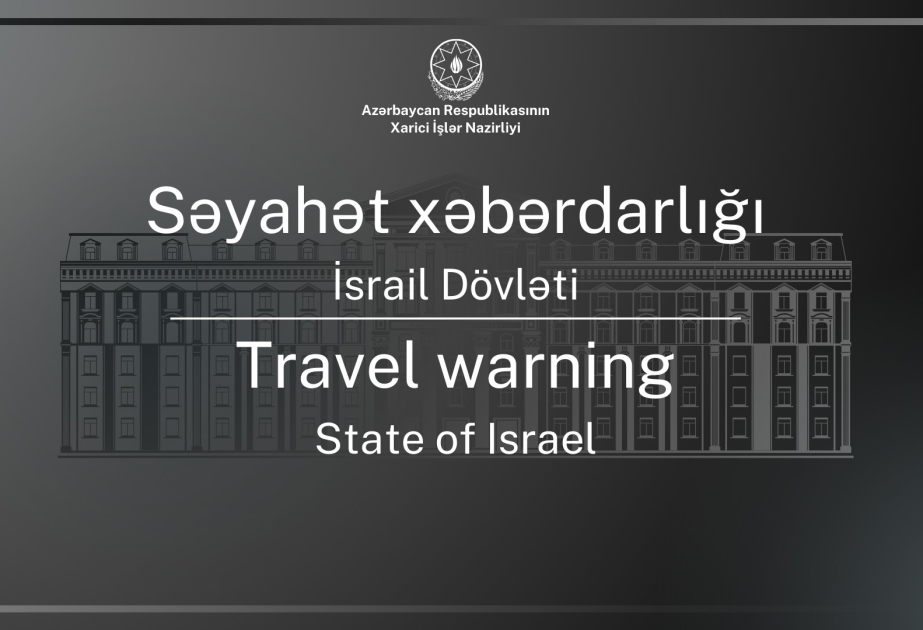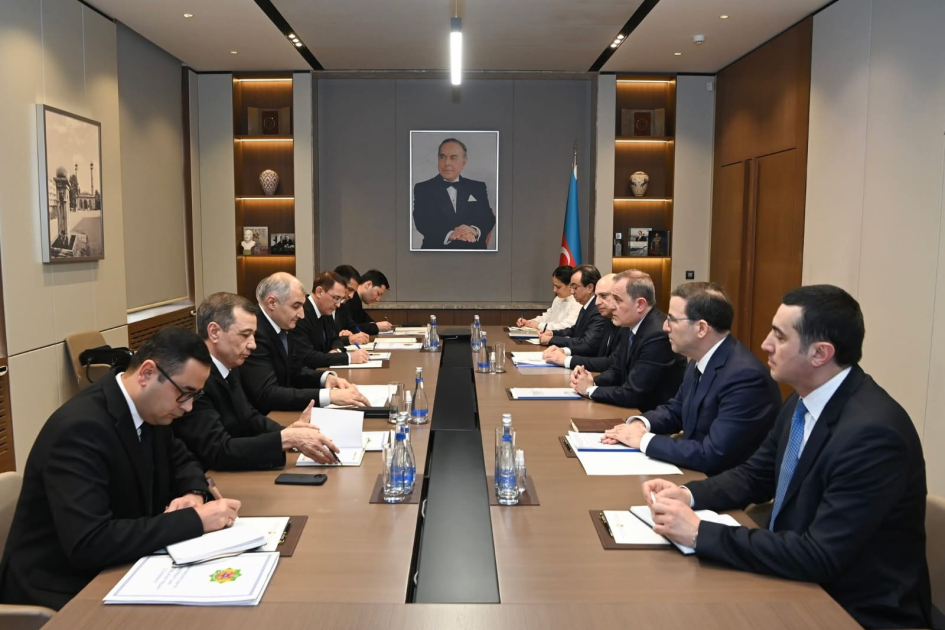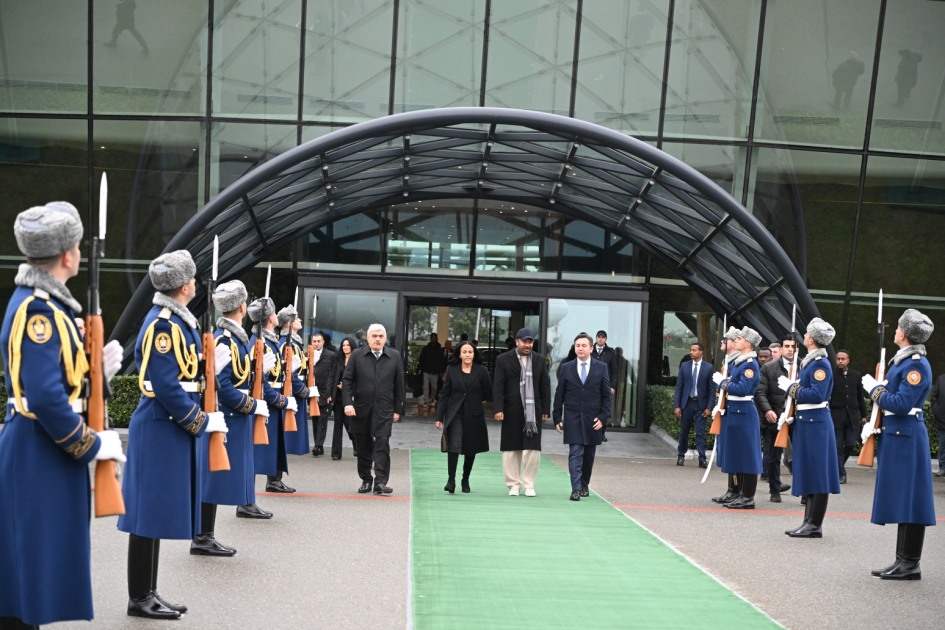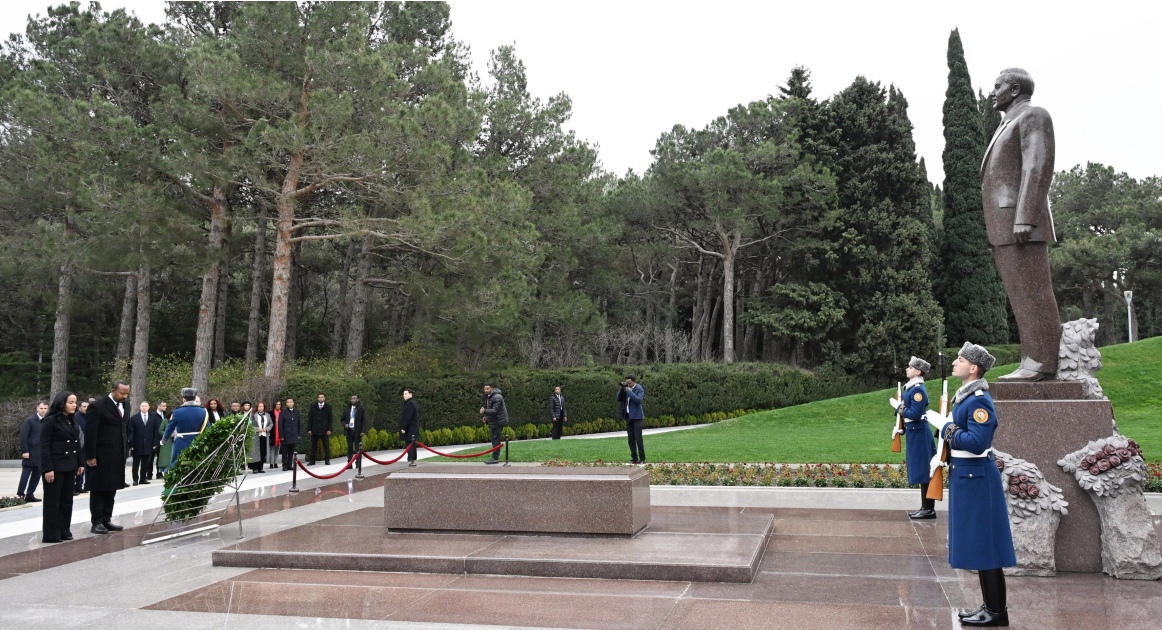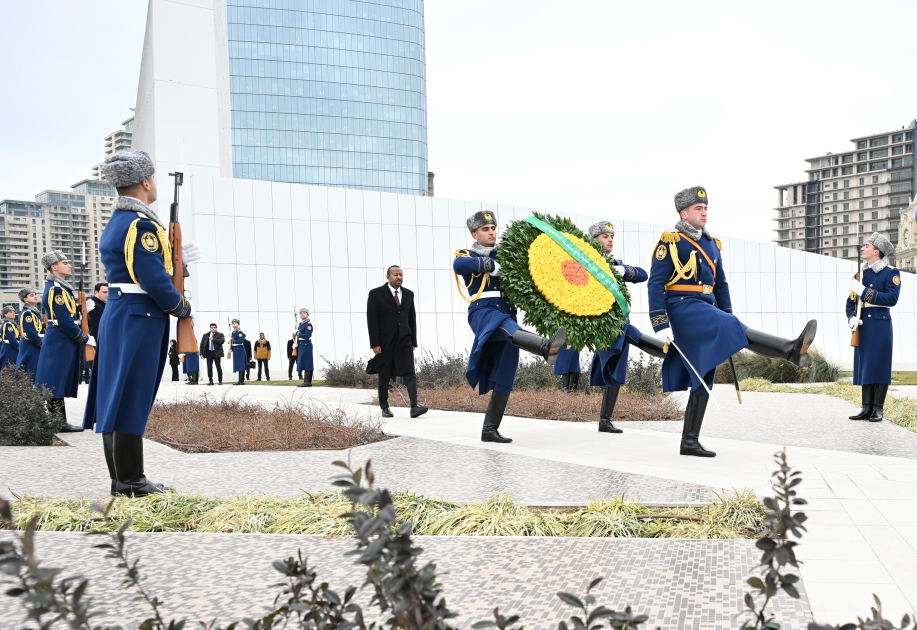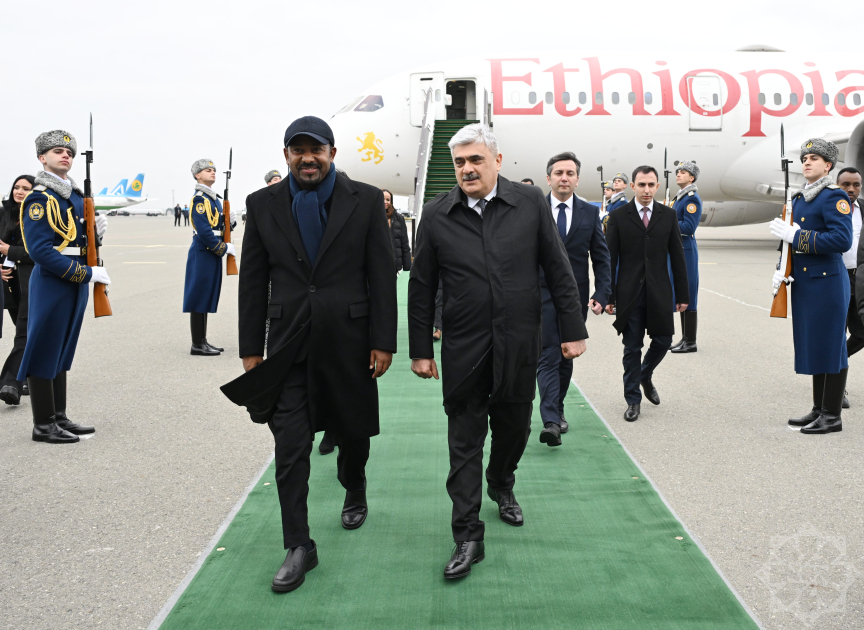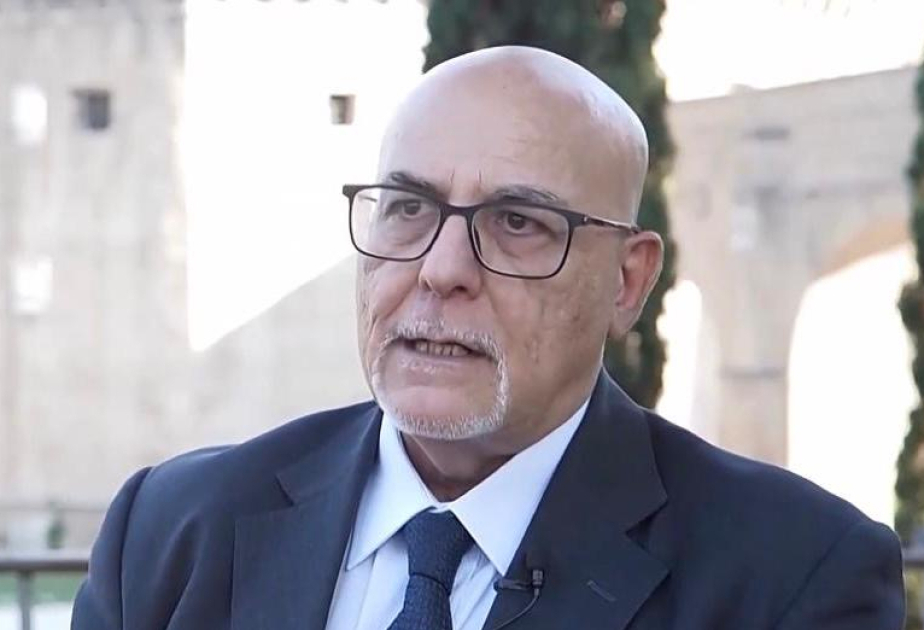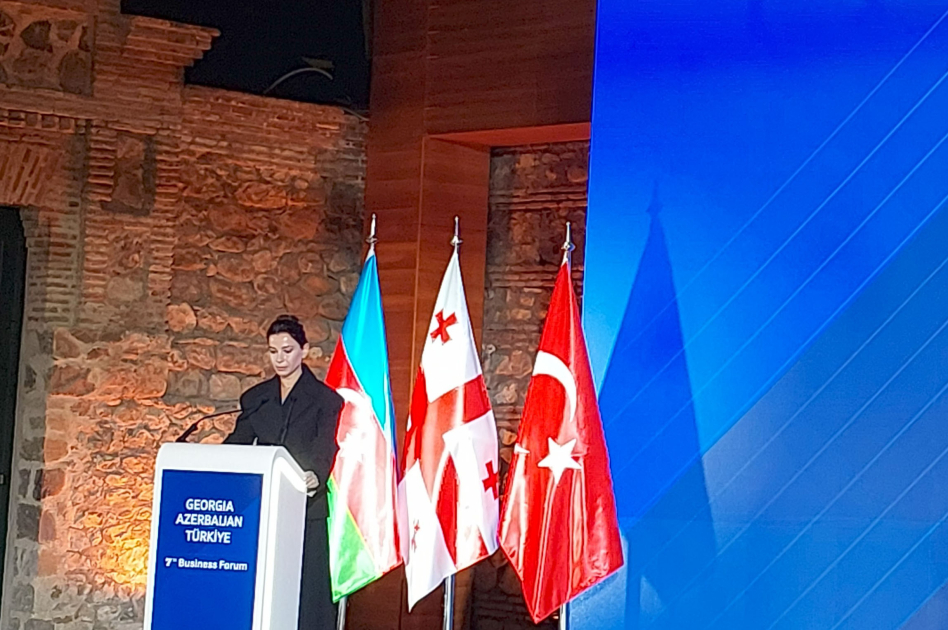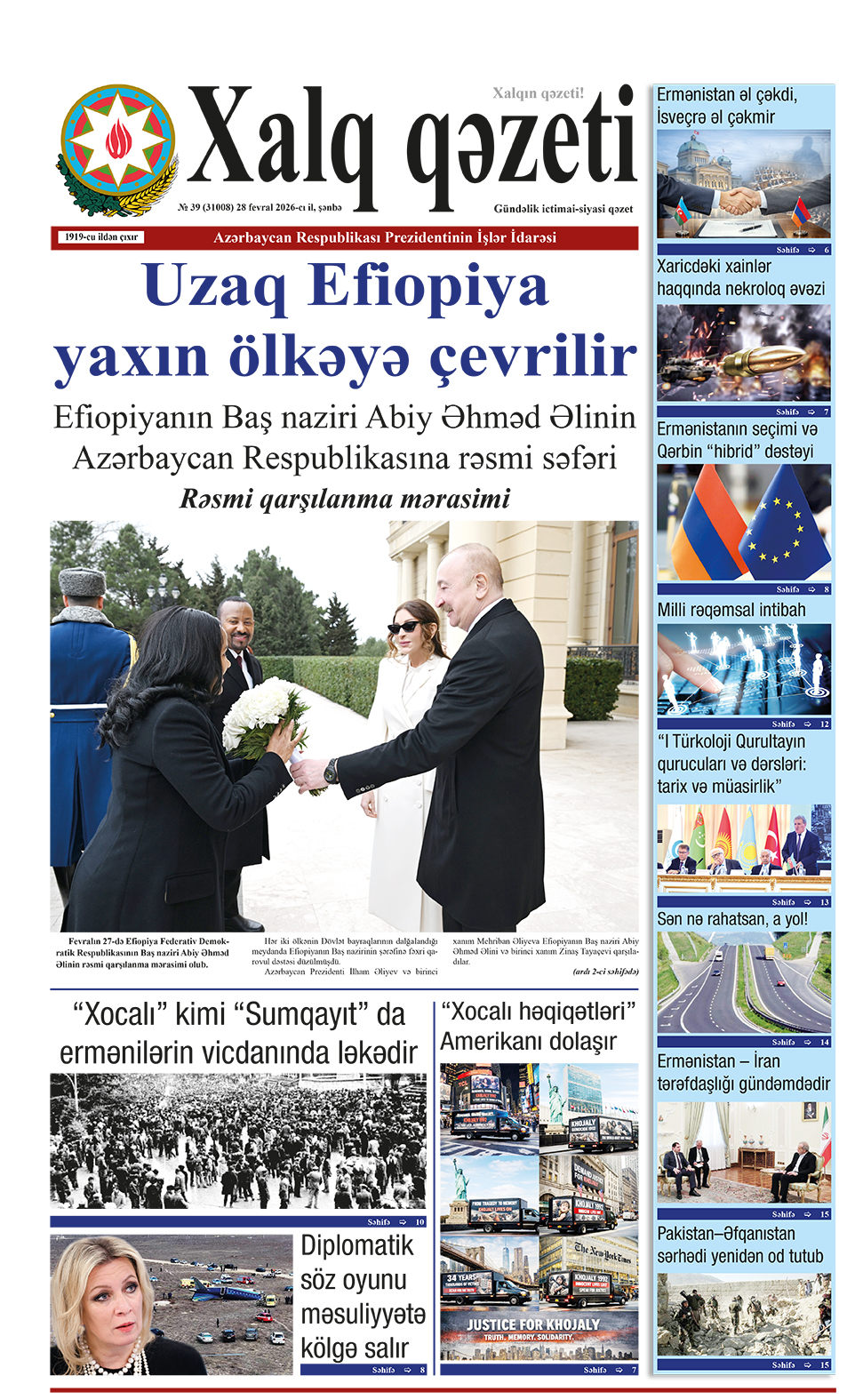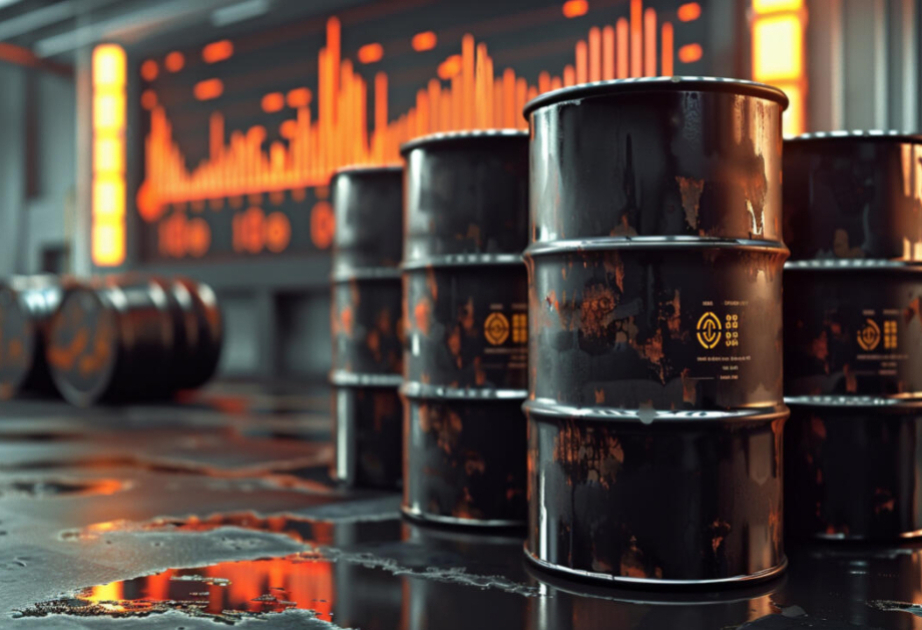International and regional projects initiated by Azerbaijan are redefining the energy map of the world. The important role played by Azerbaijan in the energy security of Europe has come to the fore as a result of world tensions. Together with international organizations and companies, Azerbaijan makes significant investments in the energy sector, and exports oil, natural gas, petrochemical products, and electricity to international markets.
In her interview with Report, Kadri Simson, European Commissioner for Energy, spoke about Azerbaijan's energy policy, the role of Azerbaijan in EU energy security, future projects, and joint cooperation measures in this field.
- How do you assess the role of Azerbaijan in global processes related to energy, energy security, and the energy transition?
- Azerbaijan is an important energy partner for the EU. Our 2022 energy Memorandum of Understanding not only aims to secure alternative gas deliveries to Europe but also lays the foundation for a long-term partnership on energy efficiency and clean energy. It will contribute to the diversification objectives of the REPowerEU Plan and help Europe end its dependency on Russian gas. For us, it is particularly important to strengthen our cooperation on the development and deployment of renewable energy, also with a view to COP29 later this year.
- What topics will be in focus during your visit to Baku to participate in the meeting of the SGC Advisory Council?
- The meeting of the Southern Gas Corridor Advisory Council will focus on the capacity expansion of the pipeline, which represents a crucial route of gas supply diversification for the EU. We will also discuss the role of the Southern Gas Corridor in supporting the coal phase-out and diversification efforts in the EU neighbourhood. This discussion is key to addressing regional and global energy security challenges.
Crucially, along with the SGC Advisory Council, a second Green Energy Advisory Council will also be convened, following on from the successful experience of 2023. It will address the promotion of renewable energy generation, energy efficiency, and renewable hydrogen, which are important pillars of the EU-Azerbaijan energy partnership.
- To what extent did the expansion of sanctions against Russia increase the importance of the SGC? How do you assess the contribution of Azerbaijani gas transported to Europe through SGC to mitigating the consequences of the energy crisis?
- Azerbaijan has a significant role in supporting our efforts to diversify away from Russian fuels. Azeri natural gas supplies to the EU market reached 11.4 billion cubic metres in 2023, up from 8.1 in 2021, and we are both committed to increasing bilateral trade to 20 billion cubic metres per year by 2027, as set out in the 2022 Memorandum of Understanding on Energy.
- What work is being done towards providing financial support for the expansion of the transmission capacity of SGC? Is the EU expected to participate in this process? When is the investment decision on the SGC expansion expected?
- The Advisory Council meeting will be an opportunity to discuss the necessary infrastructure upgrades along the Southern Gas Corridor.
For midstream infrastructure upgrades, the European Bank for Reconstruction and Development might have a role to play when there will be a clear project on the table. This will also need to take into account commitments under the Paris Agreement and plans to address methane leakage. In any case, investment decisions are for the project promoters to take, not for the European Commission.
- Currently, Azerbaijani gas is exported to 8 countries via the Trans-Adriatic Gas Pipeline. Which other European countries want to cooperate with Azerbaijan in this field, as well as for the supply of Caspian gas? What new gas connections are currently planned to be built apart from the Greece-North Macedonia gas interconnector?
- In the EU we are making solid progress with various gas infrastructure projects that will extend the reach of the Southern Gas Corridor within the EU and the Western Balkans Projects include the Trans Adriatic Pipeline, the solidarity ring between Bulgaria, Romania, Croatia, and Slovakia, and the Vertical Gas Corridor initiatives, as well as the Bulgaria-Serbia Interconnector. We are also keen to maximise the use of the existing transmission systems, such as the Trans Balkan pipeline, and the completion of ongoing projects that will further enhance the diversification of supplies to the integrated European market.
The Commission also mobilised EUR 1.9 billion in investments through the Western Balkans Investment Framework and Instrument of Pre-Accession, including EUR 700 million in grant funding since 2021, for projects related to energy efficiency, renewable energy generation, and reinforcing energy connectivity infrastructure. These investments will accelerate decarbonisation and improve energy security in the region. Under our revised rules for cross-border energy infrastructure, gas infrastructure projects can no longer benefit from financial support under the Connecting Europe Facility.
- The EU and Azerbaijan signed an energy memorandum in the summer of 2022. Are there any plans to sign new and similar documents?
- Our focus is on the implementation of the Memorandum of Understanding we signed in 2022.
- This year, Azerbaijan will host the COP29 for the first time. How will this affect Azerbaijan's transition to a "green economy" agenda? How can the EU support Azerbaijan in holding this great event?
- We will be working closely with the COP29 Presidency team to make the Baku COP29 a success. In particular, we look forward to working closely with the Azerbaijan COP29 Presidency to take forward the Global Pledge to triple renewable capacity and double energy efficiency gains worldwide by 2030.
- Does the EU have plans to invest in renewable energy sources in Azerbaijan? The EU and Azerbaijan worked together to adopt the Long-Term Low-Emission Development Strategy. At what stage is this process? Have the directions for cooperation within this strategy been determined?
- At the second Green Energy Advisory Council, the focus will be on the development of the vast offshore wind and solar energy capacities in Azerbaijan, as well as the development of physical interconnections and market integration at the regional level.
The upcoming meetings in Baku will be an opportunity for European officials and companies to engage further with partners on the development of offshore wind energy capacity and to facilitate investment by European businesses in the Azeri market.


